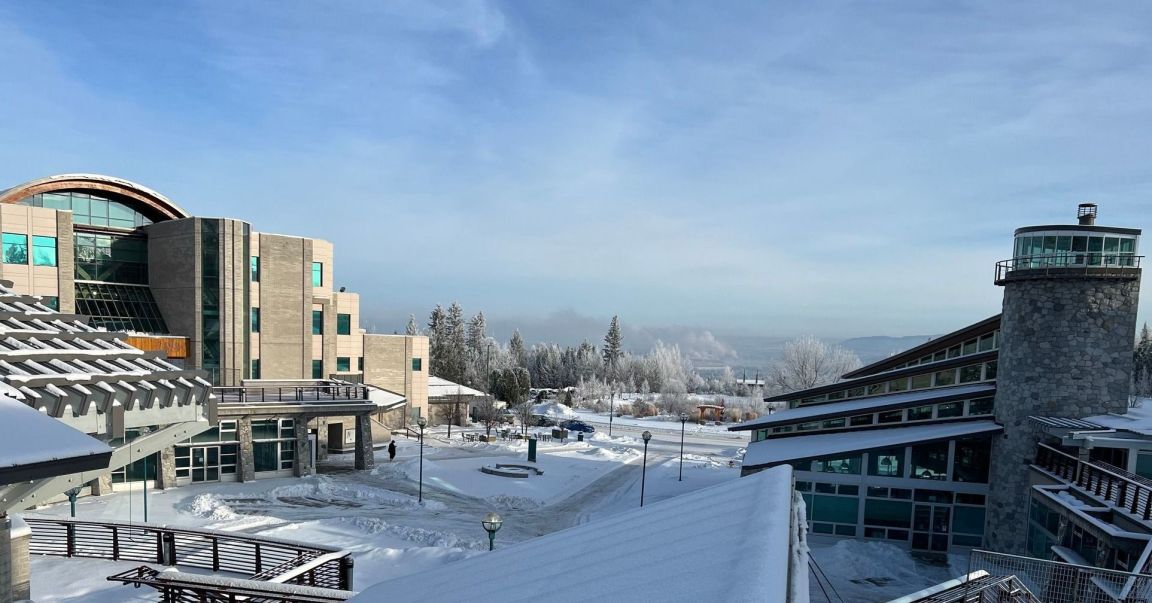
What is Northern Studies?
The Northern Studies program is integral to the mandate of UNBC. The program provides an interdisciplinary approach, drawing on the expertise of faculty across diverse fields, including geography, political science, anthropology, and First Nations studies. Through this comprehensive lens students gain a deeper understanding of the North’s geography, its peoples, and the pressing issues affecting the region.
Over the past few decades, the North has become an area of growing significance. At the centre of northern issues are climate change, resource development (renewable and non-renewable), and Indigenous rights. Related socio-economic and cultural issues, such as competing land use (e.g. resource extraction, protected areas) demographic concerns (migration, retention), and rural infrastructure development (e.g. transportation, services), are also important to developing the North. The Northern Studies program provides unique opportunities to discover what the North means and how it is relevant to Canada and the world.
Some of the areas of study in the Northern Studies program at UNBC include:
- Climate change and environmental sustainability
- Resource development and economic policy
- Indigenous governance and knowledge systems
- Northern community development and resilience
- Arctic geopolitics and international relations

Why Study the North at UNBC?
There are many good reasons to study the North at UNBC. Learn about how our program stands out.
Read More

Experiential Learning in the North
At UNBC, students can participate in practical hands-on learning in Canada and internationally.
Learn More

Apply to the Northern Studies Program
Learn about the steps to apply to the Northern Studies program at UNBC.
Learn More